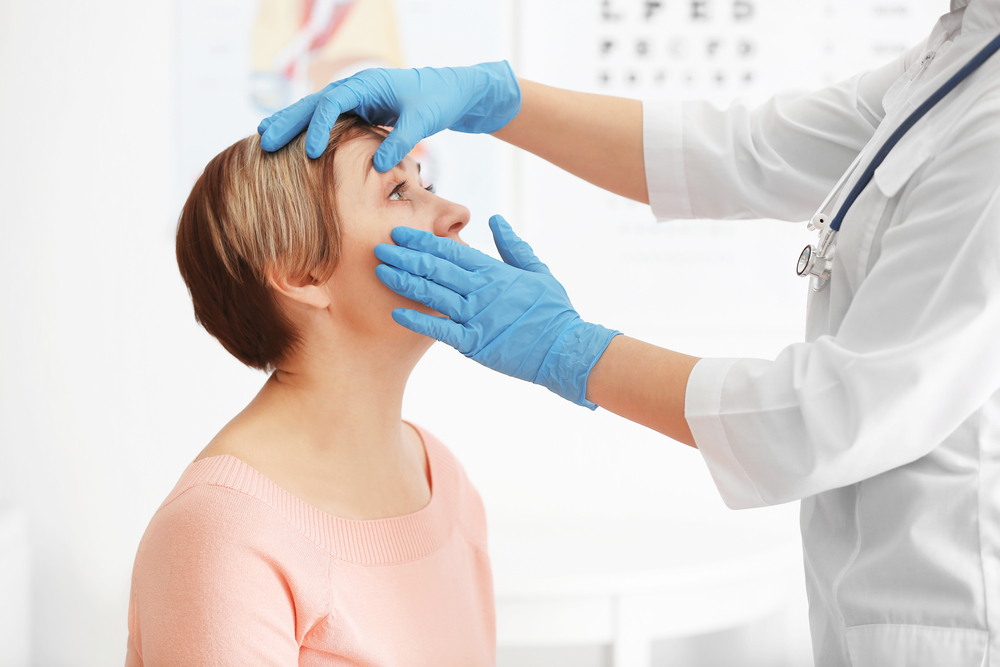Retinal Migraine, also known as ocular migraine, is a rare type of migraine that is descibe as a repeated bouts of partial or total loss of vision in one eye. This condition may be preceeded or accompanied by other symptoms like headache or nausea.
Retinal Migraine is caused by the constriction or narrowing of the blood vessels in the eyes which result to reduce blood flow to one of the eyes. Once the migraine is over, the blood vessels relax and open up again then the vision is restored.
Some activities or conditions may trigger retinal migraine, including:
- Smoking
- Dehydration
- Low Blood Sugar
- Use of Birth Control Pills
- Being in Higher Altitudes
- Hot Temperature
- Consuming too much processed foods such as hotdogs, cured meat, snack chips and seasonings
- Intense Exercise
- Alcoholic Beverages


